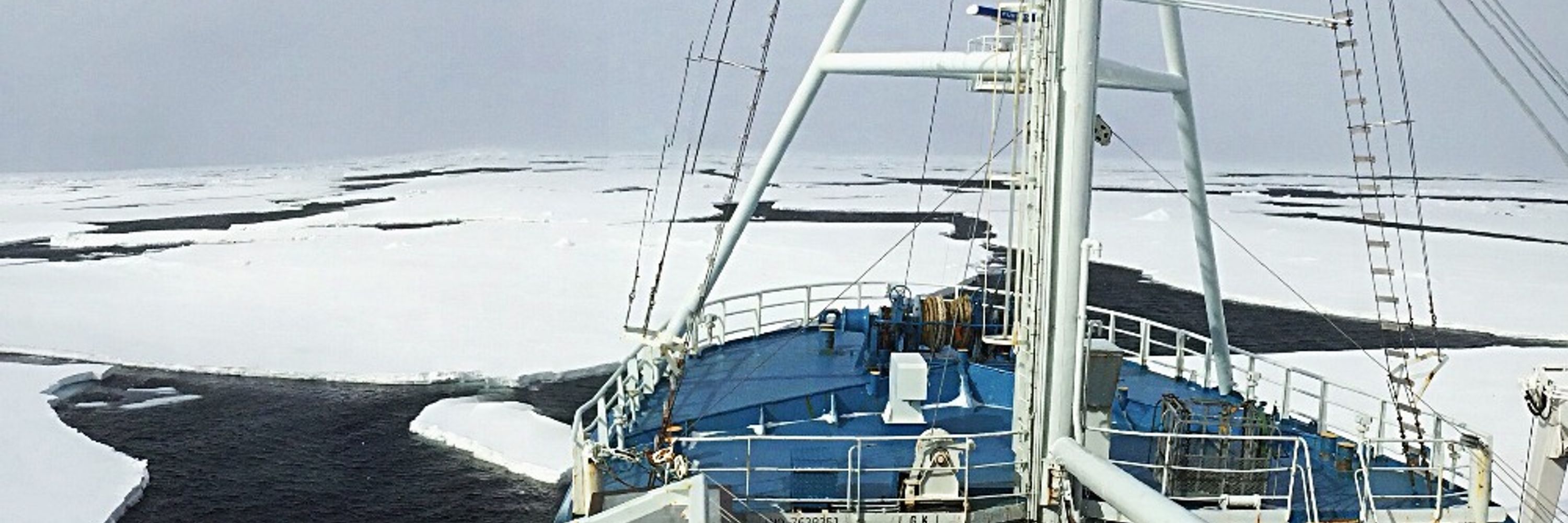
Views, thoughts, and opinions expressed here are only my own.
+ Polar climate change: zacklabe.com/arctic-sea-i...
+ Global climate change indicators: zacklabe.com/climate-chan...
+ #Arctic sea ice extent: zacklabe.com/arctic-sea-i...
+ #Antarctic sea ice: zacklabe.com/antarctic-se...
Gift link: www.nytimes.com/2026/01/12/c...

• about 200,000 km² below the 2010s mean
• about 750,000 km² below the 2000s mean
• about 1,330,000 km² below the 1990s mean
• about 1,720,000 km² below the 1980s mean
More: zacklabe.com/arctic-sea-i...

• about 200,000 km² below the 2010s mean
• about 750,000 km² below the 2000s mean
• about 1,330,000 km² below the 1990s mean
• about 1,720,000 km² below the 1980s mean
More: zacklabe.com/arctic-sea-i...
September 2025 - 1940.59 ppb
September 2024 - 1934.39 ppb
+ Data: gml.noaa.gov/ccgg/trends_...
+ Learn more: doi.org/10.5194/essd...

September 2025 - 1940.59 ppb
September 2024 - 1934.39 ppb
+ Data: gml.noaa.gov/ccgg/trends_...
+ Learn more: doi.org/10.5194/essd...
10 years ago December averaged about 402 ppm
Data available at gml.noaa.gov/ccgg/trends/

10 years ago December averaged about 402 ppm
Data available at gml.noaa.gov/ccgg/trends/
Sea ice concentration = fraction of ice-cover. For more info: doi.org/10.1175/BAMS...

Sea ice concentration = fraction of ice-cover. For more info: doi.org/10.1175/BAMS...
[Data via @nsidc.bsky.social; Graphic available at zacklabe.com/arctic-sea-i.... Bright blue = max year, bright red = min year, vertical lines = 2007/2012/2016/2020/2025]

[Data via @nsidc.bsky.social; Graphic available at zacklabe.com/arctic-sea-i.... Bright blue = max year, bright red = min year, vertical lines = 2007/2012/2016/2020/2025]
Data from OISSTv2.1. For more info: arctic.noaa.gov/report-card/...

Data from OISSTv2.1. For more info: arctic.noaa.gov/report-card/...
"In addition to setting a new record in 2025, the global
ocean continues to show sustained and intensified warming."
+ #OpenAccess Study: doi.org/10.1007/s003...
+ Data: www.ocean.iap.ac.cn

"In addition to setting a new record in 2025, the global
ocean continues to show sustained and intensified warming."
+ #OpenAccess Study: doi.org/10.1007/s003...
+ Data: www.ocean.iap.ac.cn
Data from @copernicusecmwf.bsky.social ERA5 reanalysis. More info: doi.org/10.1175/BAMS...

Data from @copernicusecmwf.bsky.social ERA5 reanalysis. More info: doi.org/10.1175/BAMS...

This graph shows the average for a band across the midlatitudes for every year from 1854-2025 using @noaa.gov ERSSTv5 data.

This graph shows the average for a band across the midlatitudes for every year from 1854-2025 using @noaa.gov ERSSTv5 data.
More graphics & stats already on my website: zacklabe.com/arctic-sea-i...
More graphics & stats already on my website: zacklabe.com/arctic-sea-i...
Join us for a live discussion breaking down December’s climate numbers, the latest global & U.S. climate change data, and a deep dive into 2025’s U.S. Billion-Dollar Weather Disasters.
🔗Register: climatecentral-org.zoom.us/webinar/regi...

Join us for a live discussion breaking down December’s climate numbers, the latest global & U.S. climate change data, and a deep dive into 2025’s U.S. Billion-Dollar Weather Disasters.
🔗Register: climatecentral-org.zoom.us/webinar/regi...
• about 190,000 km² below the 2010s mean
• about 780,000 km² below the 2000s mean
• about 1,340,000 km² below the 1990s mean
• about 1,780,000 km² below the 1980s mean
More: zacklabe.com/arctic-sea-i...

• about 190,000 km² below the 2010s mean
• about 780,000 km² below the 2000s mean
• about 1,340,000 km² below the 1990s mean
• about 1,780,000 km² below the 1980s mean
More: zacklabe.com/arctic-sea-i...
Data information available at doi.org/10.1175/JCLI...

Data information available at doi.org/10.1175/JCLI...
+ Interactive graphics/data: www.climatecentral.org/climate-serv...
+ Climate Matters article: www.climatecentral.org/climate-matt...

+ Interactive graphics/data: www.climatecentral.org/climate-serv...
+ Climate Matters article: www.climatecentral.org/climate-matt...
More at zacklabe.com/arctic-sea-i...
More at zacklabe.com/arctic-sea-i...

Data from @nsidc.bsky.social at doi.org/10.7265/jj4s...

Data from @nsidc.bsky.social at doi.org/10.7265/jj4s...
Data from doi.org/10.24381/cds...

Data from doi.org/10.24381/cds...
Data from psl.noaa.gov/data/gridded...
Data from psl.noaa.gov/data/gridded...
[Data from @copernicusecmwf.bsky.social ERA5 reanalysis]

[Data from @copernicusecmwf.bsky.social ERA5 reanalysis]
eos.org/research-and...

eos.org/research-and...
It is now up to a 54% increase in the influence of greenhouse gases in the atmosphere since 1990 (AGGI = 1.54; heat trapping)

It is now up to a 54% increase in the influence of greenhouse gases in the atmosphere since 1990 (AGGI = 1.54; heat trapping)
• about 450,000 km² below the 2010s mean
• about 1,000,000 km² below the 2000s mean
• about 1,570,000 km² below the 1990s mean
• about 2,000,000 km² below the 1980s mean
More: zacklabe.com/arctic-sea-i...

• about 450,000 km² below the 2010s mean
• about 1,000,000 km² below the 2000s mean
• about 1,570,000 km² below the 1990s mean
• about 2,000,000 km² below the 1980s mean
More: zacklabe.com/arctic-sea-i...

